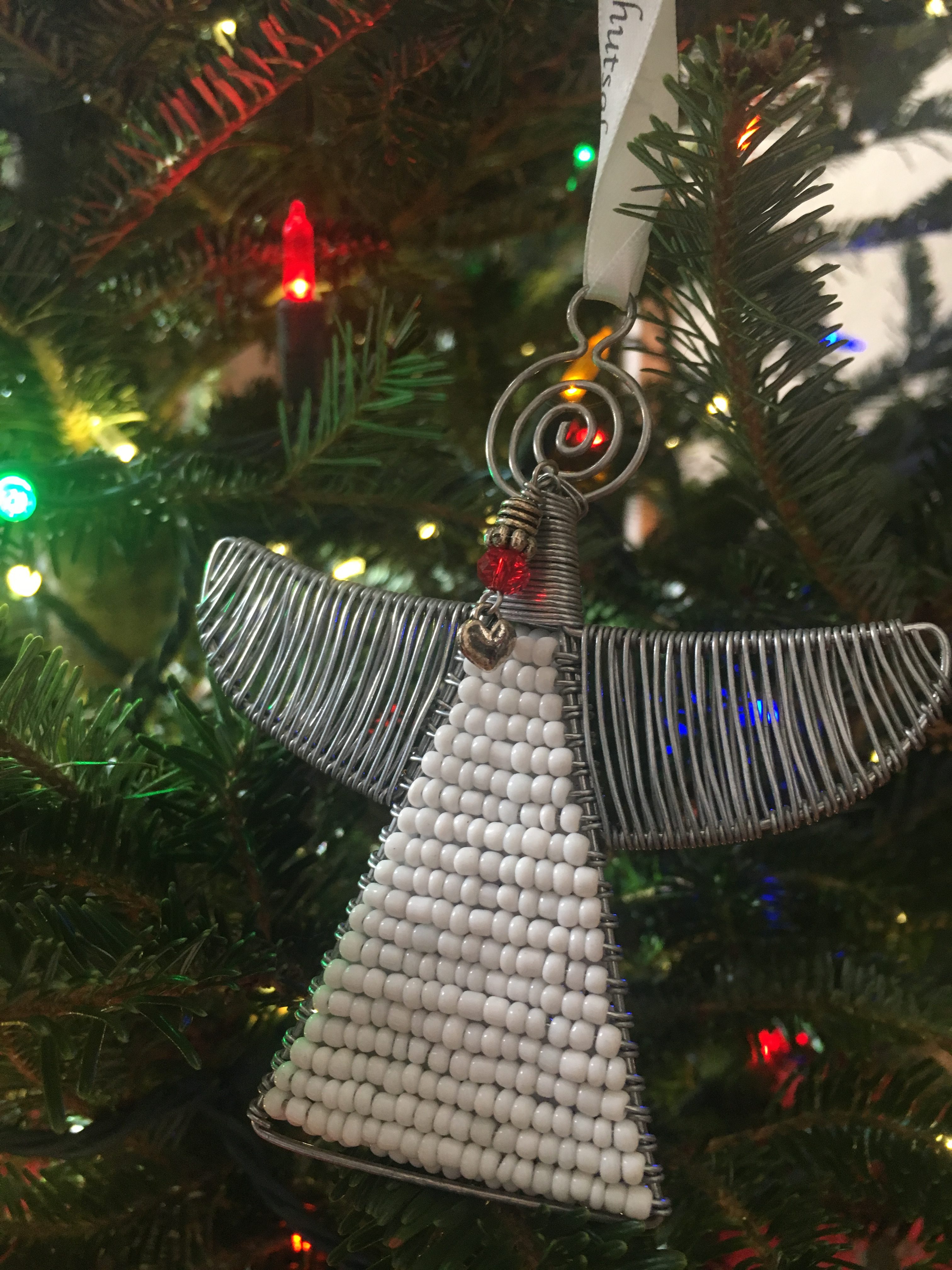Why is This Season Different from All Others?
If you’ve ever found yourself thinking that you may have too many holiday traditions, and that sometimes it feels like every day of December has to contain some holiday movie, treat, or experience, I invite you to come spend a week with my family. Our holiday traditions make a high-church liturgy feel as free-flowing as a Quaker meeting. Growing up, we had specific ways of opening gifts, specific meals we would eat on specific days, and specific Christmassy beverages we would drink while watching specific movies. In fact, it feels like almost everything we did during the month of December centered around some sort of tradition. From the way we decorated the house, to the songs we would sing, to the foods we would eat, to the games we would play. Does this sound at all familiar?
Attempting to remember every tradition would be exhausting, and frankly looking at them in a list may make them seem a little overbearing. Why did everything we did have to be so specific? Was there no room for newness, freshness, or even just ‘letting things happen’? Did we really have to structure everything so closely? Certainly not, as my siblings and I have come to realize as we’ve each grown up and moved away from home. We’ve enjoyed the Christmas season perfectly wonderfully without sticking to each of our family’s traditions by the letter, as we’ve learned to celebrate Christmas in different places and with different people. However, at the same time we’ve learned to appreciate our Christmas traditions in an entirely new way. I know I have.

The Childers Family
For my family, the weather turning chilly and the days growing longer always meant something. It meant buying a Christmas tree together, and playing hide-and-seek with only the tree-lights on. It meant drinking hot cocoa and watching the How the Grinch Stole Christmas (the 1966 animated one, of course). It meant searching for that perfect gift for someone, and learning how to adopt the spirit of giving over and against that of receiving. It meant baking cookies together and playing cards and eating Chinese take-out. And though in a sense each of these traditions is fairly peripheral to the nativity story that forms the center of the Christmas season, but I’ve begun to realize that they were more than fun family experiences. They were in fact vehicles for our experience of the story of Christ’s birth each year.
Not because we can’t celebrate Christ’s birth without a Christmas tree, or because How the Grinch Stole Christmas is a deeply spiritual message (although, of course, it is), but because each of these things reminds us that this time of year is somehow different from other times of year. This time of year we eat different foods, sing different songs, wear different clothes, and think in different ways, reminding us that in a manger in Bethlehem just a few long years ago, the world was turned upside down. Something different happened. God entered the world as a helpless child, and the world can never be the same.
During the Passover Haggadah, celebrating Israel’s Exodus from Egypt, a question traditionally asked by the youngest child is “Why is this night different from all other nights?” This question expresses the child’s awareness that the Passover meal is different from other meals, and even from other festivals. It also initiates the telling of the story of God’s people being freed from the bondage and oppression of Egypt, and lead into a new relationship with God. Certainly the Exodus story is told at other times, and always remembered, but God seems to think that taking specific times to celebrate that which is most important is vital to imprinting those things on our hearts and minds. In fact, humans throughout all of time have understood this in some deep way, celebrating our most important experiences with feasts, festivals, and holidays.
The same is true of the Christmas season. Our Christmas traditions remind us that there’s something different about this month. Not because of some inherent value in the month of December (although it is nice for the temperature in Abilene to drop below 85 for a bit), but because this is the time Christians stop and remember perhaps the most important human experience of all: Immanuel, God with us. When we sip warm apple cider, smell sweet pine needles, or gather to sing of our Savior’s birth, we savor the sights, sounds, tastes, and smells of Christmas. We do things that make us constantly stop and ask the question: “Why is this time of year different from all other times of year?” And then we find ourselves re-immersed in the answer to that question: the story of God’s people being freed from the bondage and oppression of sin and lead into a new relationship with God.
And yes, we celebrate this story every Sunday when we gather and live it out each day, but it’s not hard to recognize how important having specific time to celebrate Christ’s birth is. We allow ourselves to become engrossed in the nativity story for one month full, and soon we find our very hearts singing glory to God in the highest. And, when we spend one month focusing on Christ’s birth that leaves us eleven months to spend in Advent, waiting for God to appear. We remember that the world is still not quite as it should be, and only the coming of our Lord can make it right. It is our traditions, habits, and practices, however ancillary they may seem, which evoke these feelings and remind us not only that this season is different, but why.
As I’ve transitioned away from life with my parents and siblings and towards a new life with a new family, I’ve learned how difficult it can be to make things feel different. It’s so easy for holiday family gatherings, meals, and worship times to just feel like any other family gatherings, meals, and worship times. Then the days and weeks and months blur together and we forget the truth of the Christmas story: the world is supposed to be different somehow. We get lost in the chaotic mess that is our 21st century lifestyle and we forget that we have something to celebrate, or we find ourselves celebrating all the wrong things. But when we are daily reminded that there’s something unique about this time of year, we are daily called to return our hearts and minds to the story of Christ.
And sure, it’s easy for our Christmas traditions to feed the consumeristic Christmas spirit that runs rampant in our world and minds, (shaping our traditions and habits around our faith isn’t easy and can’t be accomplished by only trying one month a year) but without traditions, this season loses its speciality. We lose sight of the fact that there’s something different.
This is the first Christmas my wife and I have celebrated as a married couple, and we’ve already begun establishing our own Christmas traditions. Some of them are old, and some of them new. Some come from her family, some from mine, and I’m sure many more will grow and develop over the years. But I hope and pray that every time we decorate a Christmas tree, read The Gift of the Magi, or go look at Christmas lights, we are reminded that there’s something different about this time of year, and it’s something that matters. That Christ entered the world, not as a king or ruler, as we should expect but in an unexpected way. He made himself nothing, taking on the very nature of a servant, of a child. And through our traditions, our memory and celebration, we get to take part in this story of Good News and joy for all the earth, which brings peace to all those on whom the Lord’s favor rests. The story that makes this time of year different from all others.

About the Author: Joel Childers is a recent graduate of Abilene Christian University’s undergraduate Bible program. He is now pursuing a Master of Divinity at ACU’s Graduate School of Theology. He and his wife, Emily, live in Abilene, Texas.

